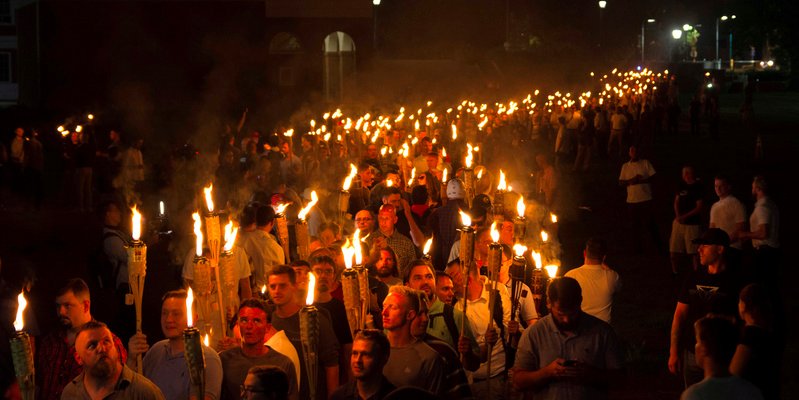By Paul. D Miller
Let me tell you a story. There was once a young man who had a comfortable, loving home. But one day his home was attacked, and everything he held dear was threatened. He was forced to go on a perilous journey into the dangerous unknown, unsure of himself and doubting who he was in this new world.
And so as he ventured forth, he also ventured within. He delved inside himself to learn who he was and what he was called to be. As he did so, he discovered something remarkable.
Login to read more
Sign in or create a free account to access Subscriber-only content.
Topics:
